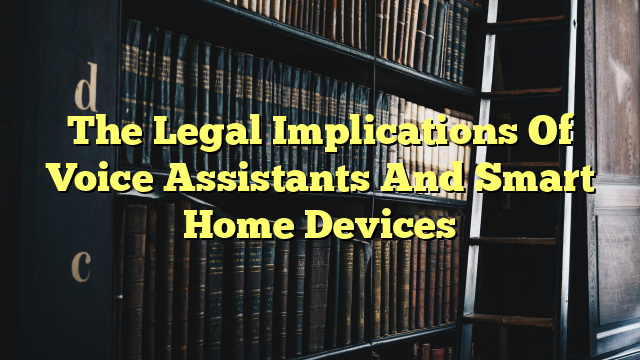Table of Contents
- Limitations of Voice Assistants
- Risks of Voice Assistants in Home Office
- Security and Privacy Concerns of Voice Assistants
- Implications of Voice Assistants
Limitations of Voice Assistants
Voice assistants, such as Google Home, Amazon Echo, and Apple HomePod, are growing in popularity due to their convenience and ability to perform tasks using voice commands. However, their capabilities have limitations. For example, voice assistants are limited in their ability to understand commands and provide answers to questions. Additionally, voice assistants do not have the ability to process complex commands or understand context, which can limit their usefulness in certain situations.
Risks of Voice Assistants in Home Office
The use of voice assistants in home offices may pose a risk. For instance, if the voice assistant is connected to a home office’s network, it can be used to access confidential information. Additionally, voice assistants can be used to eavesdrop on conversations, as well as transmit information to unauthorized third parties. Furthermore, voice assistants may be used to access, collect, and store sensitive data, such as financial information.
Security and Privacy Concerns of Voice Assistants
In addition to the risks posed by their use in a home office, voice assistants also present potential security and privacy risks. Voice assistants are equipped with microphones that can be used to record conversations and store them in the cloud. This data can then be accessed by the manufacturer or third-party companies. Furthermore, voice assistants use artificial intelligence to process voice commands, which can lead to errors and misunderstandings. This technology can also be used to collect and store personal data, such as location, browsing history, and contact lists, without the user’s knowledge or consent.
Implications of Voice Assistants
The legal implications of voice assistants and smart home devices are far-reaching. Companies that use these devices must ensure that they comply with relevant laws, such as those governing data protection, privacy, and security. Furthermore, companies should consider the risks posed by voice assistants and take appropriate steps to protect their customers’ sensitive information. Additionally, companies should look to develop policies and practices to ensure the protection of confidential information and the privacy of users.
To answer the questions:
What are the limitations of voice assistant?
The limitations of voice assistants include their inability to understand complex commands or context, as well as their lack of ability to process certain types of tasks.
Are voice assistants a risk in the home office?
Yes, voice assistants can pose a risk in the home office if they are connected to a network and can be used to access confidential information. Additionally, voice assistants can be used to eavesdrop on conversations and transmit information to unauthorized third parties.
What are the security concerns of voice assistant?
The security concerns of voice assistants include the potential to record conversations and store them in the cloud, access and store sensitive data, such as financial information, and use artificial intelligence to collect and store personal data without the user’s knowledge or consent.
What are the privacy concerns of virtual assistants?
The privacy concerns of virtual assistants include the potential for them to record conversations and store them in the cloud, as well as use artificial intelligence to collect and store personal data without the user’s knowledge or consent.

